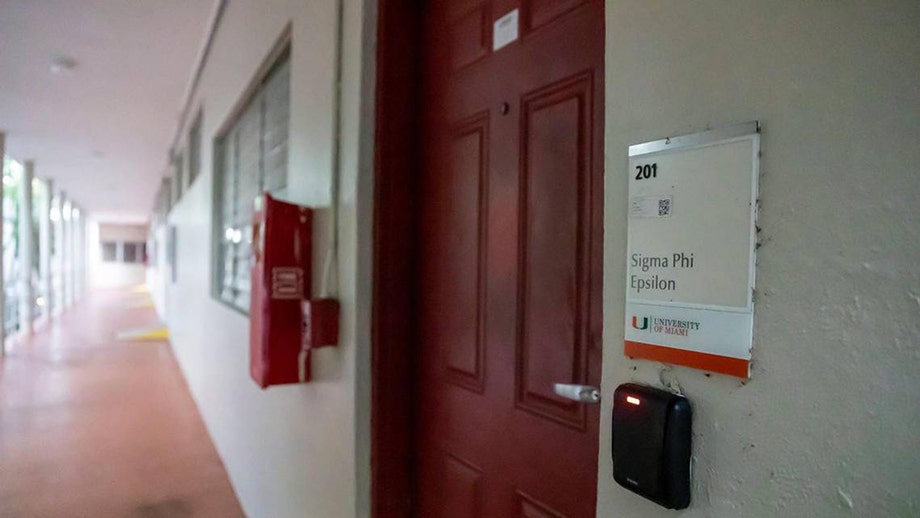Retired Greensboro Police Department Officer Eric Rasecke, who encountered Routh more than 100 times during his career, recalls Routh's tendency to "play the victim." Routh's history reveals a string of concerning interactions with law enforcement, raising questions about potential motivations behind the alleged assassination attempt on former President Trump.
Retired Greensboro Police Department Officer Eric Rasecke, who encountered Ryan Routh, the alleged gunman in the second assassination attempt on former President Trump, over 100 times during his career, has shared his observations of Routh's behavior. According to Rasecke, Routh had a pattern of "playing the victim."
Delving into Routh's past, law enforcement records reveal a troubling history of interactions with authorities. Between 1980 and 2010, Routh accrued multiple charges, including writing bad checks, felony firearms possession, possession of a stolen vehicle, and possession of a weapon of mass destruction.

Ryan Routh's Disturbing History: Multiple Encounters with Law Enforcement, Including Felony Firearms Possession
In 2019, the FBI received a tip alleging Routh was in possession of a firearm as a felon. Upon investigation, the complainant retracted the information, and the FBI forwarded the tip to local law enforcement in Honolulu.
According to the FBI, they receive approximately 1,300 tips per day, ranging from potential terrorism threats to public corruption and violent crime. The FBI National Threat Operations Center (NTOC) evaluates each lead and determines the appropriate course of action.

Ryan Routh's Disturbing History: Multiple Encounters with Law Enforcement, Including Felony Firearms Possession
Former FBI Supervisory Special Agent Scott Duffey explains that the FBI's response to tips depends on the perceived threat level. In cases involving threats to life or serious bodily injury, the FBI field office takes immediate action. However, in cases with a lower threat level, the FBI may conduct an assessment and forward the information to local law enforcement for further investigation.
Duffey notes that the FBI's analysis process involves reviewing the individual's past and determining if there are any other relevant leads. If there is probable cause for arrest, field agents may visit the subject of the tip.

Ryan Routh's Disturbing History: Multiple Encounters with Law Enforcement, Including Felony Firearms Possession
However, if the subject does not pose an imminent danger and lacks incriminating evidence, the FBI can document the information and share it with local police for potential follow-up.
In the case of Routh, the FBI received a tip in 2019, but it was not acted upon as the complainant retracted the information. This raises questions about whether the tip could have been handled differently given Routh's history of firearms possession.

Ryan Routh's Disturbing History: Multiple Encounters with Law Enforcement, Including Felony Firearms Possession
Routh's alleged assassination attempt on former President Trump underscores the importance of thorough investigations and timely responses to potential threats. The investigation into Routh's motives and the FBI's handling of the 2019 tip is ongoing, raising concerns about potential gaps in the system that may need to be addressed.










